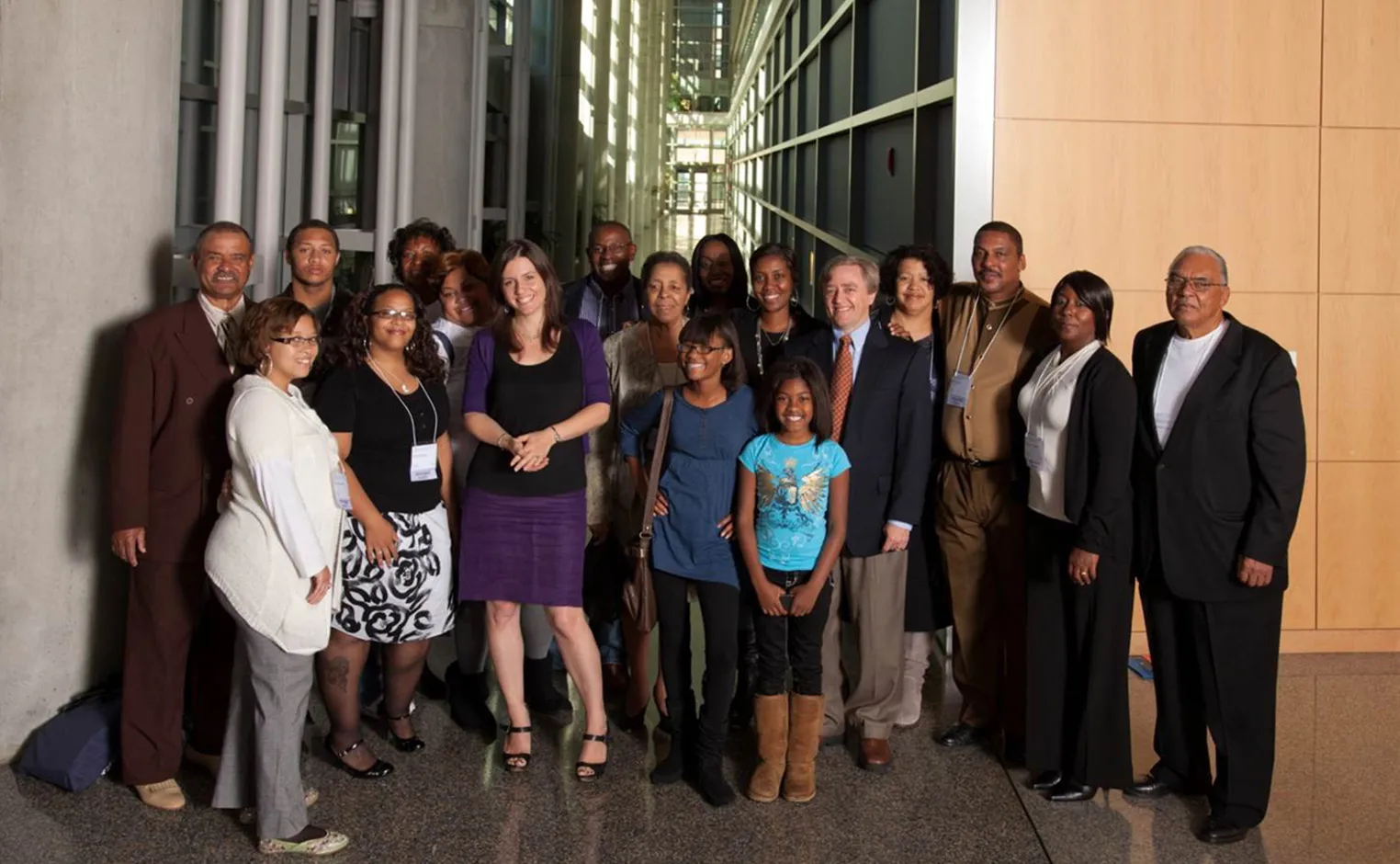Informed Consent, Privacy and Social Justice: A Conversation Surrounding HeLa Cells

For many years, the name Henrietta Lacks was unknown, but thanks to author Rebecca Skloot’s phenomenal and enduring bestseller The Immortal Life of Henrietta Lacks, a growing number of people, from medical researchers to book groups to high school students, have learned more about the woman whose cells are now famous. Skloot tells the story of a young Black woman who died of cervical cancer in 1951 and left behind an inexplicably immortal line of cells known as HeLa. Henrietta Lacks’s cells — harvested without her knowledge or consent — contributed to scientific advancements as varied as the polio vaccine, treatments for cancers and viruses, in-vitro fertilization, and the impact of space travel on human cells.
Henrietta’s descendants speak candidly and poignantly about the Lacks family’s experiences and the matriarch whose cancerous cell tissue has become one of the most important medical research tools ever discovered. The Lackses’ thoughtful and personal connection to the bestselling book emphasizes how proud they are of Henrietta’s contribution to science. Their story, as told in The Immortal Life of Henrietta Lacks, has sold nearly 3 million copies around the world, has been selected as a common read by more than 250 schools, libraries, and community institutions, and adapted for the screen by HBO and Oprah.
Screening of the Movie The Immortal Life of Henrietta Lacks
Tuesday, Oct 19, 7 p.m. LPAC Cinema
Discussion with Lacks Family and Rebecca Skloot moderated by Provost Sarah Willie-LeBreton:
Thursday, Oct. 21, 7 p.m., LPAC Cinema, followed by outside reception and book signing in North Quad. Books will be available for purchase from the Swarthmore Bookstore.
*This event is not open to the outside public*
Writing Workshop with Rebecca Skloot:
Friday, Oct. 22, 12-2pm, in Singer Hall 33
Register - bit.ly/SklootWorkshop
Discussion with Lacks Family:
Friday, Oct. 22, 3-4pm, in Singer Hall 33



